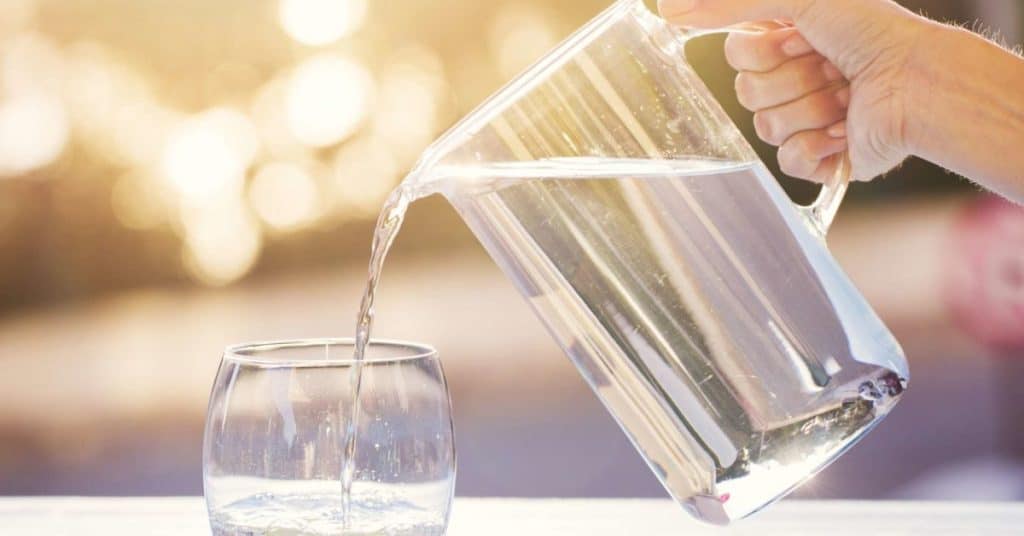Many people consider bottled water to be a fad. After all, did you ever see bottled water at the grocery store when you were a kid? If you are in your 40s or 50s, the answer is no. But as the years have passed, bottled water has become an enormous market. And while some of it is an effort to be more healthy and drink water more than soda, that is only a part of the reason for this booming industry. The other driving force behind bottled water is the aging plumbing systems found in many homes across the country.
Have you ever turned on the faucet in your home’s kitchen to fill a glass only to see tiny black flecks floating in the water? Does it concern you to see what almost anyone would consider contamination in your drinking water? Are you still concerned and puzzled over what that specks might be? Below are the three most common reasons you see black flecks in your water and some possible solutions.
Pipe Corrosion
Old water lines begin to corrode after many years of use. And when that occurs, tiny pieces of the pipe start to break off and flow into your glass of water. At first, it will only be a few minute specks. But over time, the contamination will increase. The flecks can also appear to be increasing if your water has not been used for a few days or longer, and then you turn on the faucet. For example, if you come home from vacation, you might suddenly notice more flecks in the water.
Water Heater Corrosion
If you see black flecks in your hot water, the culprit is usually corrosion inside your water heater holding tank. You might only notice these flecks if you fill the bathtub with hot water for a soak or feel them on your skin when showering. And again, if the hot water was not used for several days, the buildup of flakes could be more noticeable.
Pieces Of Broken Parts
If the black specs feel more rubbery than granular, the issue is likely to be worn-out O-rings, gaskets, or hoses. Rubber can begin to break down after years of exposure to the disinfectants and purifiers used in city water.
Eliminating These Alarming Specks
If you are like most homeowners, you don’t care if anyone says these specks are harmless or not to worry about them. And fortunately, there are many steps that you can take to eliminate the contamination from your water.
If you can determine that the flecks are only in your hot water, then the way to address it is with water heater maintenance. The first step is draining and flushing your water heater. It will remove all of the sediment and particles from inside the holding tank. If caught early, you should enjoy water that is free of particulates. However, if the tank’s inside is severely damaged, the only solution is a new water heater installation.
For trouble with the rubbery flecks, the culprit is usually a fixture. You might only notice the flecks when getting water from the kitchen sink. This indicates that the washers and O-rings in the faucet have deteriorated. Some fixtures are designed to have the O-rings replaced while others are considered worn out, and you must replace the entire faucet.
When you are battling black flecks in your water, the most reliable resource is the team of licensed plumbers at Flow Plumbing. Our experts have decades of experience locating the cause of water contamination. Call (214) 388-8838 to schedule your appointment with one of our pros.











